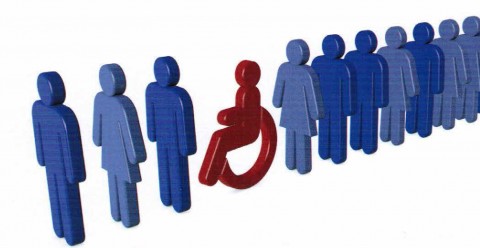The Americans with Disabilities Act (ADA) is a federal law that was enacted in 1990 for the purpose of prohibiting discrimination agains qualified individuals with disabilities. Under the ADA, most businesses are required to provide individuals with disabilities equal access to services. Title III of the ADA requires places of “public accommodation,” Including most aviation businesses, to be accessible to persons with disabilities. Businesses are only required to make changes to their facilities to accommodate the needs of disabled persons if such changes are ” readily achievable,” meaning that they can be accomplished simply and inexpensively.
Throughout the country, small businesses are being sued daily for alleged ADA violations. Oftentimes. the same plaintiff will file multiple lawsuits against different businesses in a single day. For example, Kendrick E. Duldao filed fourteen ADA suits against small businesses in Florida’s Middle District Federal Court on February 24th of this year alone. Norman Hoewischer has filed eighteen ADA suits against small businesses in the Middle District this year. In each case, the plaintiffs have been represented by the same two attorneys. and the complaints have been virtually identical.
Having reviewed countless complaints, I can tell you that they llege pretty much the same things: not enough parking spaces. ramps that do not comply with the ADA; changes in level exceed1ng 0.25″; non-compliant restrooms; inaccessible mutes; etc., etc. Likewise, having talked to countless small business defendants. the response is almost always the same:”Why didn’t they tell me. I would have fixed it.”
What most small business owners do not know until they are sued s that a disabled person is not required to tell them what they need to do to comply with the ADA- every business is obligated to ensure that it complies with the law, and the ADA is no exception. Unfortunately, many small business owners are very savvy when it comes to complying with employment laws such as wage and hour laws, discriminat1on laws, and workers compensation laws. but often overlook their obligation to comply with the ADA until it is too late.
Critics of the ADA say that it is a ” license to steal” for plaintiffs’ attorneys who care nothing about protecting the rights of disabled persons and care only about generating attorneys’ fees for themselves. Proponents of the ADA say that attorneys’ fee provisions are necessary to ensure that businesses have an incentive to comply with the ADA. and are punished if they do not. Regardless of whether you agree or disagree with either side. the fact of the matter is that there is significant risk to aviation businesses that do not ensure that thew physical facilities comply with the ADA.
Because of this risk, aviation businesses would be wise to consult with a specialist in ADA compliance that can tour their facility and advise them of any potential violations before they get sued. If a lawsuit is filed, these consultants will typically be hired anyway, so it makes sense to do so proactively and avoid the risk of additional damages and attorneys’ fees resulting from a lawsuit.
This article does not address the Air Carriers Access Act, which contains provisions similar to the ADA with respect to providing equal access to the disabled.

